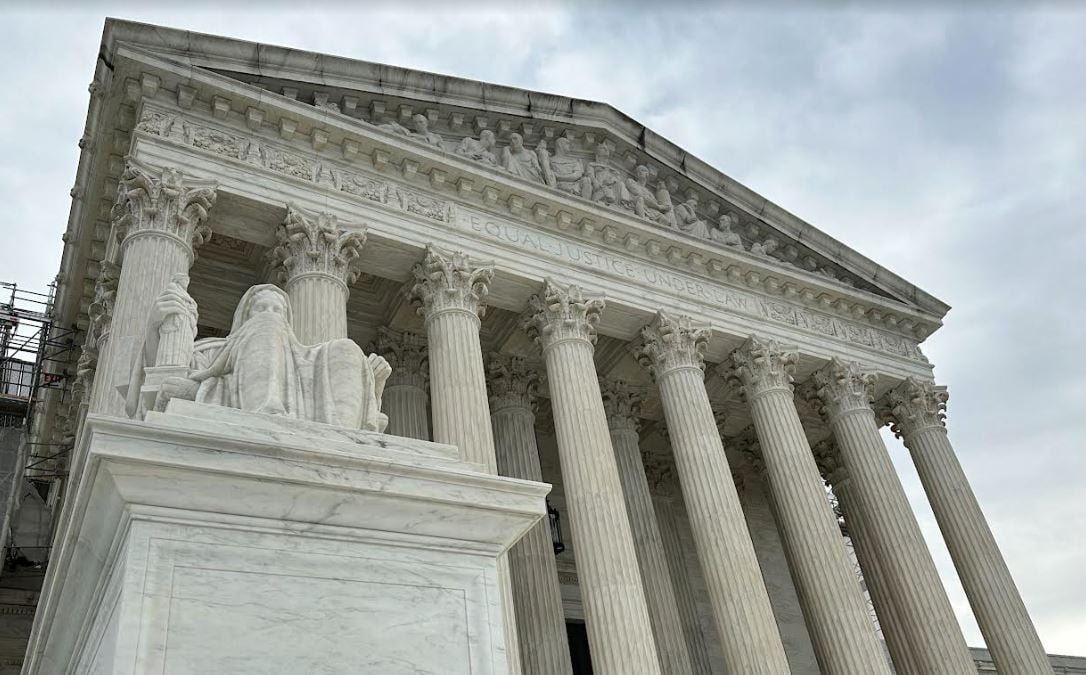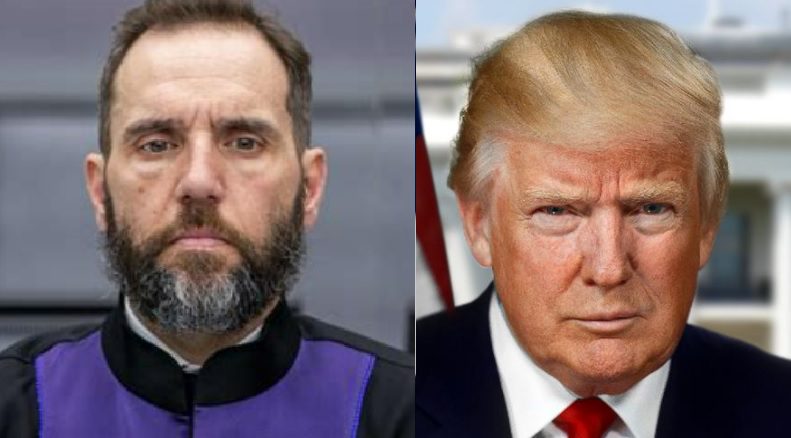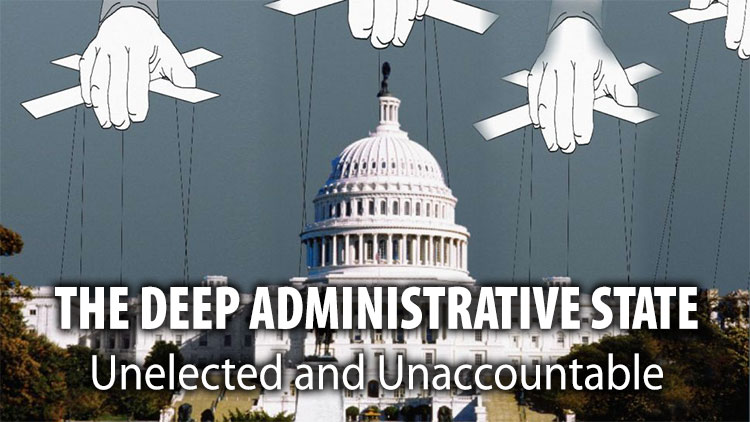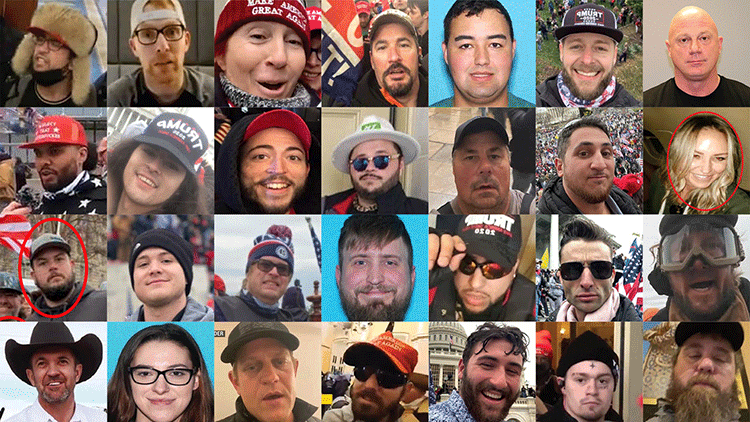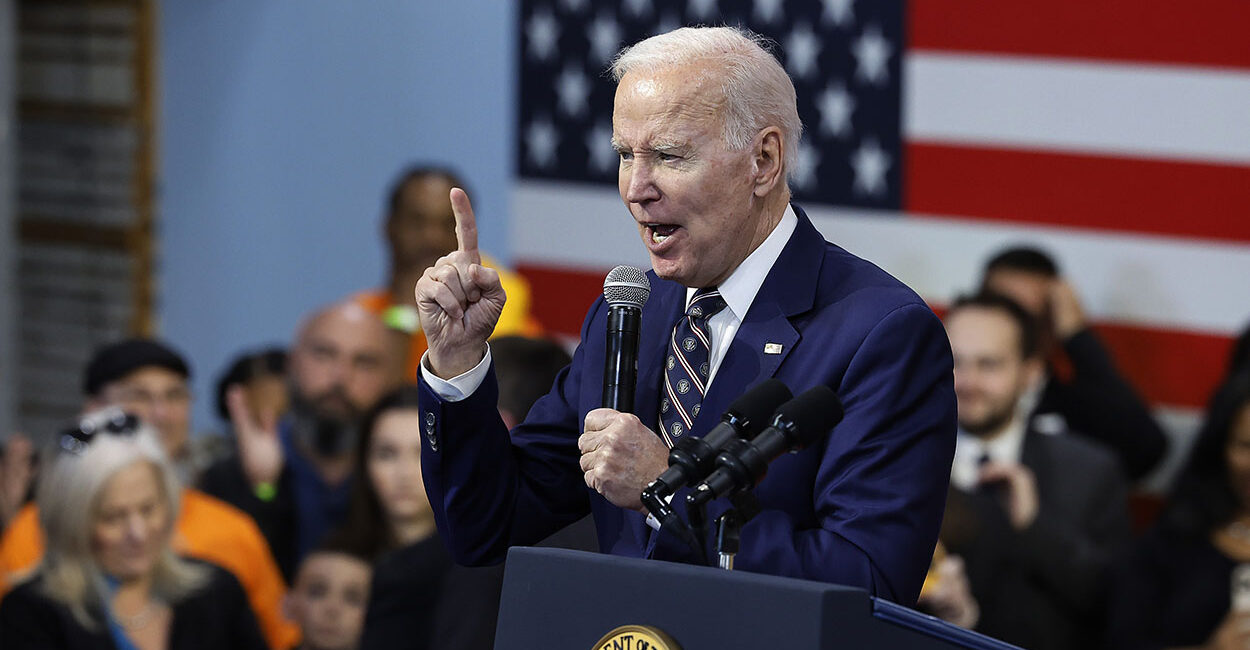Video: RESIGN: Justice Roberts’ Secret Friendship With Norm Eisen Has Been Revealed

After you finish this blog, you’ll be asking the million-dollar question: Why is Chief Justice John Roberts hanging out with the Deep State’s #1 color revolution architect?
Turns out the left’s favorite “Republican” has some very interesting buddies.
According to Norm Eisen—the man who practically wrote the Deep State’s playbook on color revolutions, all things anti-Trump, and lawfare in the US—he and Chief Justice John Roberts are not only good pals, but they even spent a week together in the Czech Republic. According to Norm, the two BFFs were there working on “American rule of law” issues.
Hmm…
Norm was so proud of this that he actually bragged about the trip and made it very clear that Roberts isn’t corrupt—he’s just a “close friend” who happened to fly overseas and stay at Eisen’s posh 150-room palace to collaborate on transatlantic political projects.
Really…










